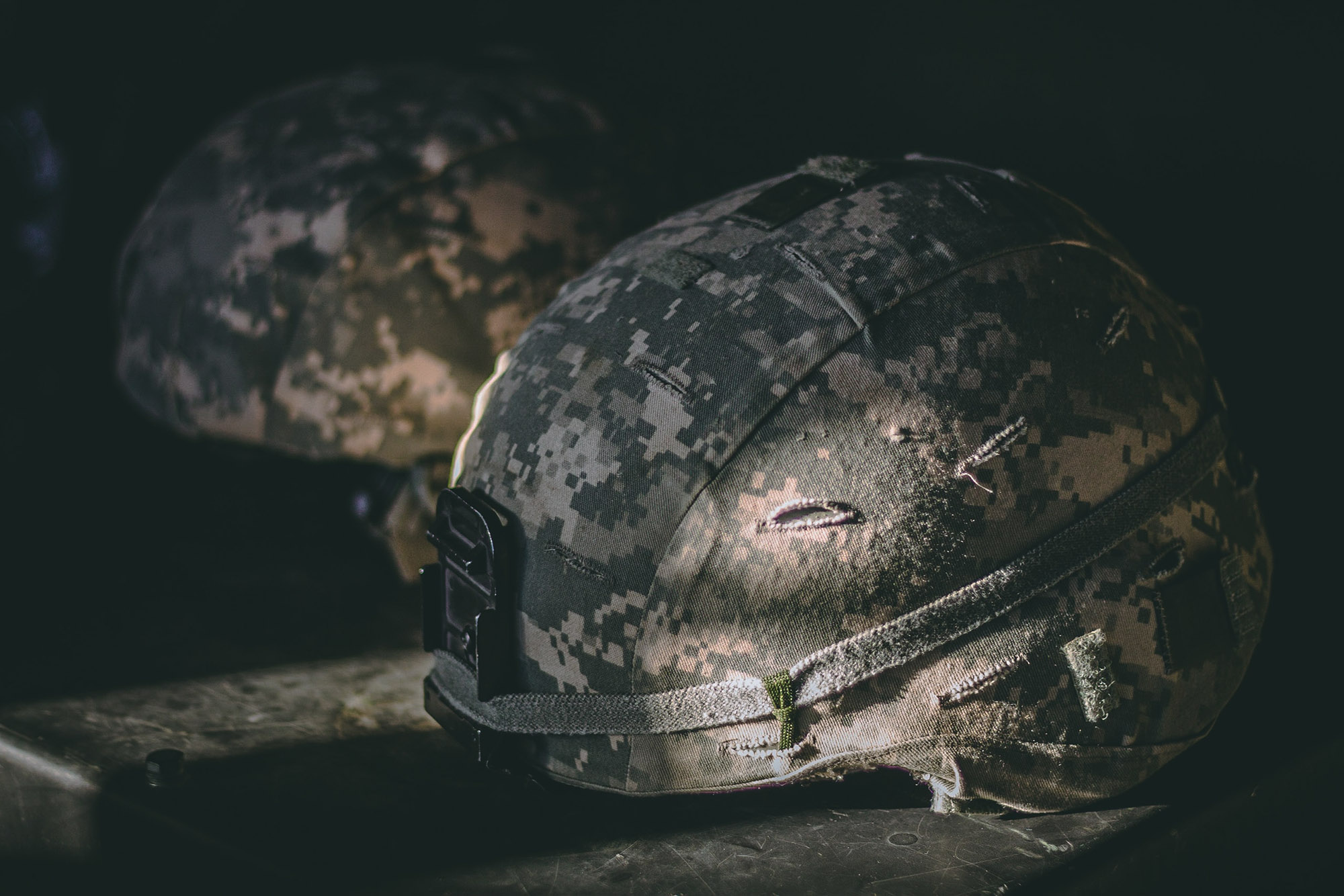A new study shows that 20 percent of transgender people have served in the military, which is double the percentage of the U.S. general population that has served. The Task Force is calling upon the U.S. Defense Department to end discrimination based on gender identity in the armed forces.
“The Defense Department must allow transgender people to serve openly,” said Darlene Nipper, deputy executive director of the National Gay and Lesbian Task Force. “It’s wrong that these brave men and women — who sacrifice so much through their service to our nation — should have to fight for their rights both as active military and then as veterans.”

“Still Serving in Silence: Transgender Service Members and Veterans in the National Transgender Discrimination Survey,” authored by Jack Harrison-Quintana, Policy Institute Manager at the National Gay and Lesbian Task Force and Jody Herman, Manager of Transgender Research at the Williams Institute, addresses discrimination in the areas of employment, housing, education, access to health care, and identity documents for transgender service members and veterans. The National Transgender Discrimination Survey is a joint study by the Task Force and the National Center for Transgender Equality.
Respondents described a variety of experiences related to military service including distress at being unable to serve. A 28-year-old transgender man described his dismay: “What bothers me most is I’ll never get to join the military. That breaks my heart…as I grow older I am really beginning to think if I am not able to serve my country like that in some way, it’s going to be one of my regrets in life.”
Key Findings Include:
Trans and gender non-conforming people who served in the military experienced homelessness at an alarming rate (21%). This figure is almost three times higher than the general population lifetime rate of homelessness (7.4%).
NTDS respondents who served are more likely to have lost a job due to anti-transgender bias (36%) and/or to have not been hired for a job due to bias (53%) compared to non-veterans in the NTDS. Over half of NTDS respondents who served were harassed (54%).
Nine percent (9%) survived physical and 8% survived sexual assault in their workplace.
“The reality is that after honorably serving their country, transgender veterans often face discrimination in employment, housing, health care, and in other settings”, said Nipper. “Transgender people must be able to serve in the military if they choose to and after their service, they must receive all benefits and services free from discrimination.”
The study will be published in a forthcoming issue of the LGBTQ Public Policy Journal at the Harvard Kennedy School. A digital version of the report is available online here.
